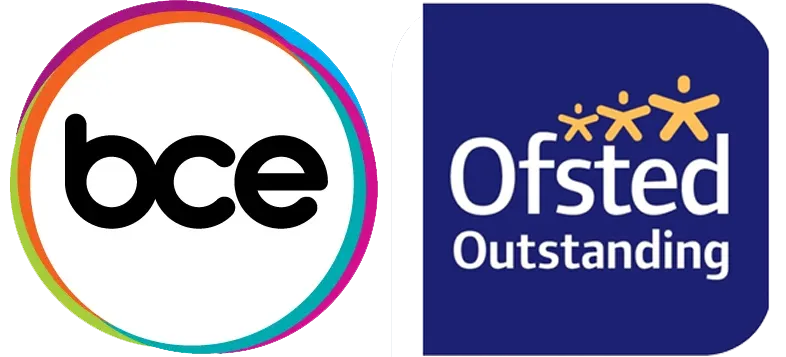
Lots of young people are looking for alternatives to higher study, put off by the debt that comes with student loans and tuition fees for university. If that sounds like you, a higher apprenticeship might be just what you’re looking for.
With a higher apprenticeship you get your tuition fees paid, earn money AND get practical experience through on-the-job training.
As it’s National Apprenticeship Week, let’s make sure you know your options.
How do higher apprenticeships work?
There are three parts to a higher apprenticeship:
- You, the apprentice and employee
- The employer for whom you will work in a paid job
- The university that provides the course and your degree
You’ll have a job with an employer who will pay you a wage. Apprenticeship jobs are generally entry-level roles with no experience required and you’ll be trained and get to learn different aspects of the business.
Your boss will give you time out to study at university to get your degree, which might be one day per week. So you’ll be working but getting time off to study.
What’s more, your university will not charge you tuition fees, so you won’t need a student loan, and You’ll be earning money in your job as an apprentice, so you won’t need a maintenance loan to live either. All in all, you’ll be getting paid rather than racking up debt.
Higher apprenticeships are usually the same length as equivalent courses:
- Level 4: 1 year, same as a foundation year at university
- Level 5: 1-2 years, similar to a foundation year
- Level 6: 3 years, same as an undergraduate degree
- Level 7: 4 years, same as an undergraduate degree + postgraduate masters degree
What you won’t get with higher/degree apprenticeships is the student experience, rocking up to uni in the afternoon after a night out.
In most cases you’ll need to be at work by 9 am. However, what you’ll have after three years is the same degree as well as three years of professional experience (that is if you take on a level 6 apprenticeship).
This experience will usually leave you with a good job in the company after you finish – a better outcome than if you were just to go to university, right?
Higher apprenticeships are available in lots of different sectors, including the creative arts, so there’s an opportunity for you to use your creativity in other sectors, such as marketing, law, hospitality and construction.
The course is designed for you to learn about the industry you’re working in and for you to reflect on your job and the workplace. There will be the odd essay, but it’s much more practical than a traditional academic degree.

Where can I find out about higher apprenticeships?
There are three ways of finding higher and degree apprenticeships:
1. Employer websites:
You’ll find it’s mostly the big companies that offer higher apprenticeships – BBC, ITV, Channel 4, Amazon, TFL, NHS, supermarkets, banks, the police, and law firms. Think about a company you could work for doing the job you want to do, and look at their website to see if they offer higher apprenticeships.
2. University websites:
You can look at individual university websites if there’s somewhere specific you want to go, or do a search on the UCAS website or government apprenticeship website
3. Apprenticeship websites:
These are agencies promoting apprenticeships where you can sign up to for opportunities and information. Amazing Apprenticeships, Prospects, and Rate My Apprenticeship are great places for current opportunities, information and guidance.
Can anyone get a higher apprenticeship?
You’ll find that there aren’t many higher apprenticeships out there, but don’t let that put you off. Companies are looking for the right people to fit into their brands so it’s not necessarily about experience or qualifications. They are looking for people they can train, who will be resilient and loyal to them. From an employer’s perspective, it’s a big investment in a person, so it’s important for them to get it right.
So let’s not sugar coat it, higher apprenticeships are competitive. Your application has to stand out, and they will put you through your paces at the interview. There are likely to be multiple stages to the interview, including a written piece, group task and presentation. Your creative skills will really help you here, as well as the collaborative work we do at Big Creative Academy.
T Level courses are also designed to feed into apprenticeships, so if you think this might be the way for you, consider doing a T Level course at Level 3 to get you going. It’s not a dealbreaker, but employers will look favourably on the professional focus and experience within a T Level course.
So aim high! Get yourself a free degree, be paid for it along the way and learn professional skills.
As of January 2023, Amazing Apprenticeships provide a current list of current higher apprenticeships that are currently recruiting. Learn more about higher and degree apprenticeships and good luck with your applications!
The careers teams at BCE are always here to help.




